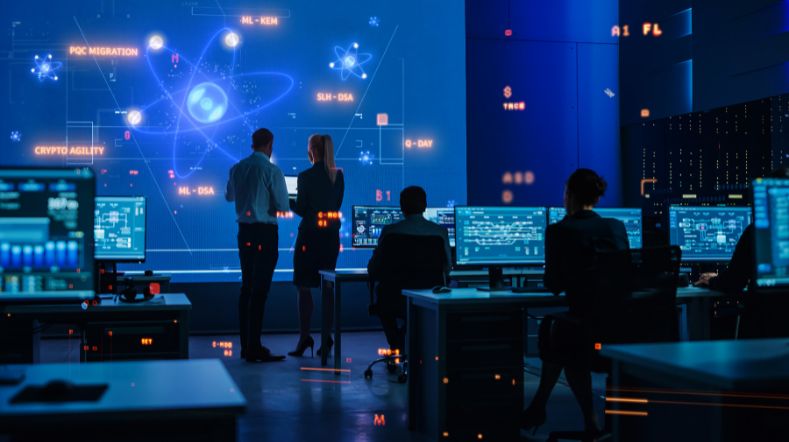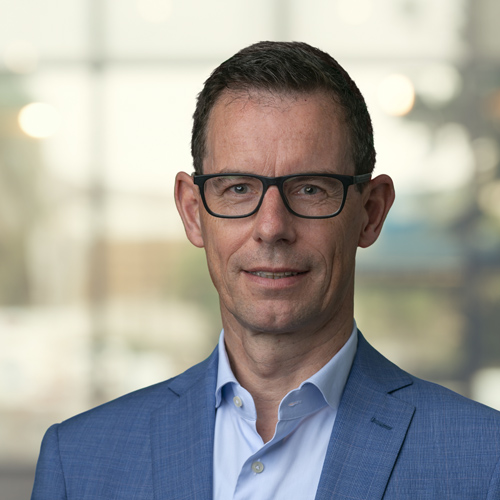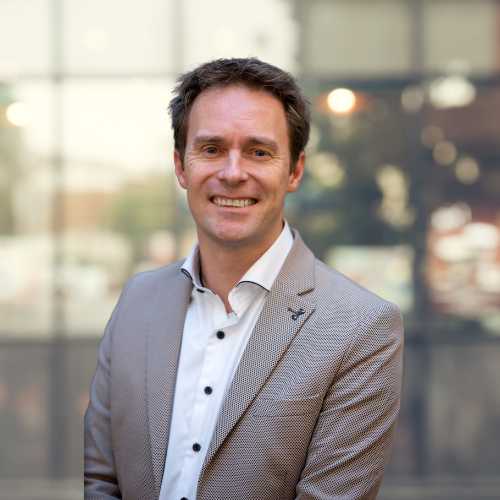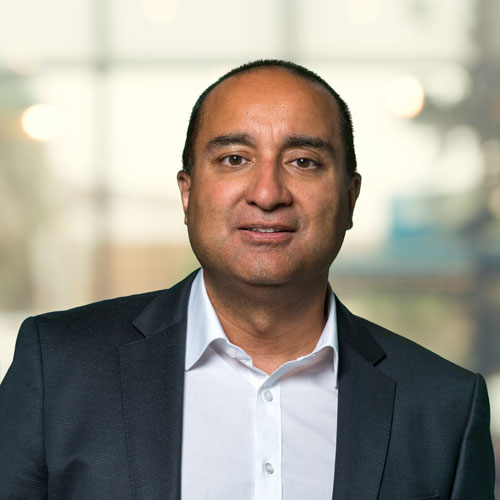
Cyber security challenges and innovations
What steps do we need to take to improve cyber security in the Netherlands? What cyber threats lie ahead of us? TNO works with organisations to address not just today’s cyber security challenges, but maybe more importantly, the challenges we face in the (near) future and innovations in response. So what are some of the challenges do we face?
What is cyber security and why is it so important?
The Netherlands National Cyber Security Centre (NCSC) defines cyber security as ‘all measures taken to prevent the consequences of disruption, malfunction and misuse of computers and information systems’. This includes all measures taken to limit and repair damage.
Stories of ransomware attacks that cripple entire organisations and cyber attacks that disrupt our daily lives are frequently reported in the media. The growing complexity of these attacks and the massive impact they have on businesses and society make cyber security a necessity to keep the Netherlands running.
But how do you equip your organisation with the knowledge and resources needed to ensure digital resilience? How do you keep your cyber security policy clear and closely aligned with your business goals? And what can The Netherlands do to address the shortage of cyber security experts? At TNO we work with organisations to find solutions to these kinds of cyber security challenges. Here are 10 key challenges we face.
10 Cyber security challenges and innovations
When designing software and hardware, insufficient attention is often paid to vulnerabilities. Correcting errors afterwards is expensive and entails (safety) risks. TNO helps organisations in this phase by developing new tools and methodologies. We ensure that valuable data is also safe in the future through good crypto. Read more about this in the articles about hardware security, the SOARCA tool, software security and cryptographic asset management.
As digital systems become more complex and volumes of data increase, early detection of malicious software becomes more and more important. One of the solutions being developed by TNO is security monitoring and detection technology, which quickly identifies suspicious patterns. A typical example would be a laptop which very frequently connects to the outside world. This can be a sign of a malware infection.
Cyber crime does not stop at national borders. This makes it difficult to track down cyber criminals. The fact that criminals can hide behind the anonymity of the Dark Web makes things even more complex. TNO is developing technologies that are able to detect the use of phishing kits, identify trends in the Dark Web and expose the identity of criminals hiding behind anonymity.
Since many large organisations have strong cyber security protocols in place, attackers increasingly target their supply chains. These attacks through suppliers require sophisticated planning and can have dire consequences, such as the SolarWinds hack in 2020. TNO is developing technologies to prevent these supply chain attacks.
Attackers continuously innovate their attacks methods and way of working. To better protect organisations and society against attackers, we therefore need to innovate our defensive measures at the same speed. One of the initiatives that pursues this innovation is the Partnership for Cyber Security Innovation (PCSI), a program in which 6 large Dutch organizations collaboratively innovate on cyber security. This sets the stage for the report commissioned by the Ministry of Economic Affairs and Climate Policy to address this gap specifically within the context of the PCSI.
With this report, it highlights changes that will be made to the innovation process so that innovation results can be more effectively transformed into usable products, reducing the gap between technology transfer and protection against cyber attacks.
For some years now, there has been a shortage of qualified cyber security experts. And there is a general shortage of specialist knowledge in many organisations. This can be addressed in different ways. One is to provide better and more advanced training for more people.
Another part of the solution is to automate routine procedures and decision-making support systems for cyber capabilities such as detection and response in a Security Operations Centre (SOC). Find out how automated security can support scarce cyber security experts.
Cyber security is now essential for every organisation. Employees play an important role in this. Cyber security experts are in great demand and the shortage will simply increase in years to come. While cybersecurity needs differ from one organisation to another, all face the major challenge of having to build a professional cyber workforce, from basic knowledge to top-level expertise.
How do you find the right people? What requirements do they need to meet? And how do you train them? TNO offers an integrated approach to building a uniquely capable professional cyber workforce.
As we embrace the many new possibilities offered by quantum computing, we also need to start addressing the cyber threats it poses. Quantum computers will be able to decode widely used forms of cryptography. This is already a challenge since all of the encrypted information currently being communicated and stored can be kept so it can later be decoded by a quantum computer.
This is particularly relevant when it comes to sensitive information. Another factor is that the transition to quantum-safe cryptography will take time. Working out how to prepare your organisation to meet these cyber security threats is a major challenge, so at TNO we have developed resources to help and are researching migration paths.
The sharing of data from different sources could potentially be extremely helpful. In healthcare for example, combining patient data held by healthcare institutions could lead to valuable insights and new treatment methods. But how do we ensure that there is no breach of privacy?
With Privacy Enhancing Technologies (PETs) TNO is working on secure data sharing methods. One of these methods, known as multi-party computation (MPC), is a clever way of generating a common database without having to reveal privacy-sensitive data. Data is protected by encryption techniques so it can be shared without disclosing personal data.
The risks resulting from unknown software vulnerabilities are a major blind spot in IT security. TNO is looking into how organisations can use automated vulnerability research (AVR) to identify software vulnerabilities as early as possible and automatically increase their cyber resilience.
Advancing organisations through cyber innovation
TNO is constantly pursuing innovation in the field of cyber security. We engage in new collaborations that allow us to share and broaden our specialist knowledge. This way we help create innovations that make the Netherlands more secure and Dutch businesses more competitive.
To find out more about opportunities to work with us, contact us.
Get inspired
TNO and Jungle AI collaborate to detect cyberattack on wind turbine and improve detection capabilities
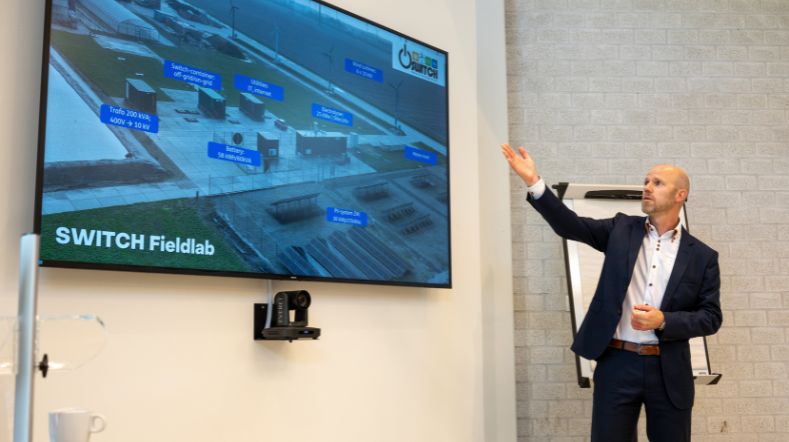

AIVD, CWI, and TNO publish renewed handbook for quantum-safe cryptography
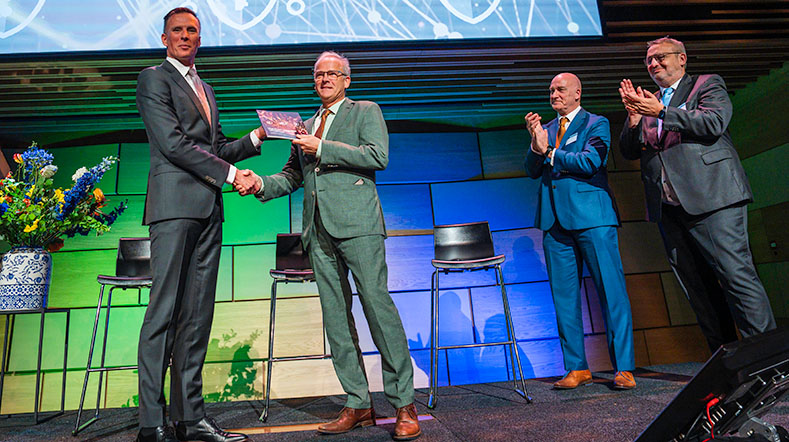

Time setter story: Noura El Ouajdi


Software testing


No migration without an inventory: protection against quantum computers starts with insights
